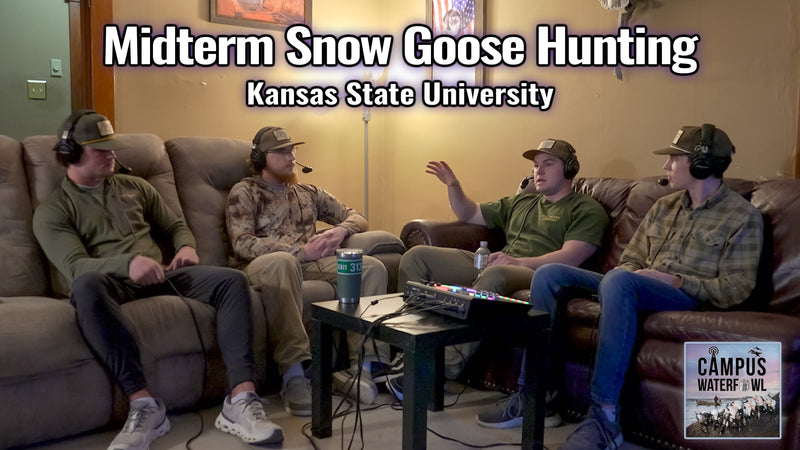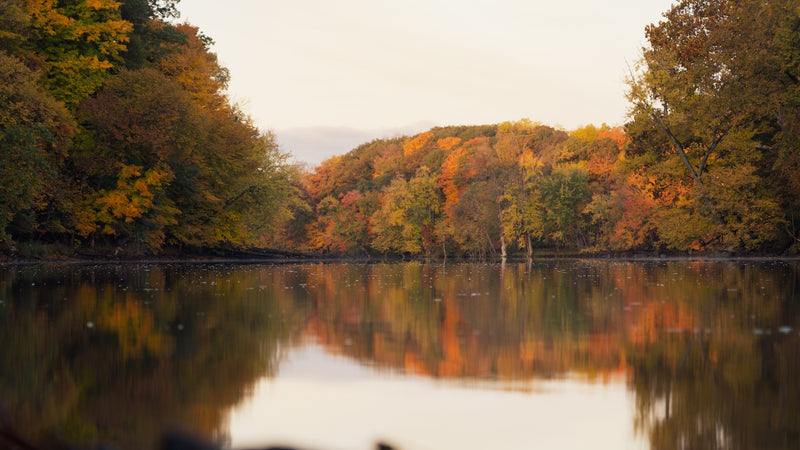Exploring Wetland Conservation and Research at Iowa State University
In the heartland of America, Iowa State University stands as a beacon of research and innovation, particularly in the realm of wetland conservation. Campus Waterfowl, a dedicated platform for all things waterfowl hunting, recently delved deep into the university's groundbreaking studies, shedding light on the intricate balance between nature, wildlife, and water quality.
The Intricacies of Wetland Research
Derek Christians, the host of the Campus Waterfowl podcast, recently embarked on a journey to explore the nuances of wetland research at Iowa State University. In a riveting episode titled Understanding Different Wetlands, he was joined by Dr. Adam Janke, an associate professor with a specialization in wildlife conservation, and Evangeline Von Boeckman, a master's student heading the research. Their discussion centered around a collaborative research project with Ducks Unlimited, a renowned wetland conservation organization. The conversation provided insights into the differences between various wetland restorations, emphasizing the importance of both habitat creation for waterfowl and water quality improvement.
Innovative Techniques in Duck Research
Moving from traditional research methods to more innovative techniques, Campus Waterfowl showcased the use of thermal drone surveys in duck brood research. Led by Evie and her team at Iowa State University, this video highlighted the significance of these surveys in understanding the productivity of different wetlands in Iowa. The blend of cutting-edge technology with nature's raw beauty offers a fresh perspective on wetland research, emphasizing the importance of Ducks Unlimited's collaboration in these endeavors.
A Holistic Approach to Wetland Benefits
In another enlightening video, we join Evie Von Boeckman, a master's student at Iowa State University; along with, Dr. Adam Janke and Dr. Sara McMillan of ISU, as they conduct a comprehensive study in partnership with Ducks Unlimited comparing the characteristics of wetlands restored for wildlife habitat versus those aimed at improving water quality. Their research, which encompasses gas sampling, water chemistry analysis, and multiple wetland ecology components, will paint a holistic picture of how these complex ecosystems function in agricultural landscapes and shape future wetland restoration projects!
Conclusion
Campus Waterfowl's dedication to unraveling the mysteries of wetland conservation, combined with the invaluable support and collaboration from Ducks Unlimited, promises a brighter future for our natural habitats. As we continue to harness technology and research, it's platforms like these that keep the flame of conservation burning bright. Don't miss out on their latest findings and explorations; subscribe to the Campus Waterfowl YouTube channel!





Leave a comment
Please note, comments must be approved before they are published